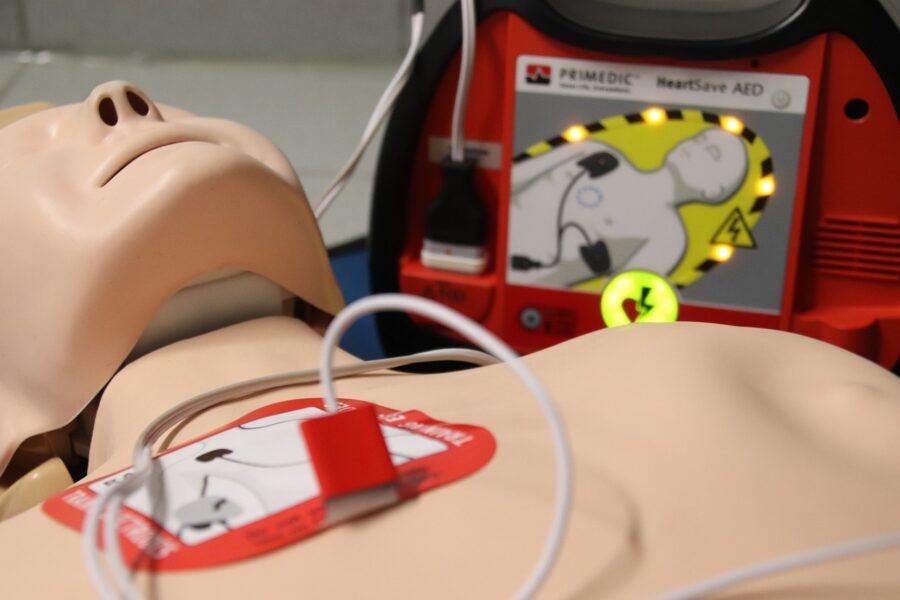Employers who prioritise mental and physical health through first aid training can significantly cut costs, improve employee performance and foster a healthier workplace culture, according to St John Ambulance.
The insights from England’s first aid charity reveal the financial and cultural benefits of investing in comprehensive wellbeing strategies, transforming first aid from an emergency response tool into a driver of productivity and engagement.
The economic argument for wellbeing is compelling. According to the Health and Safety Executive (HSE), 33.7 million working days were lost in 2023/24 due to work-related ill health and workplace injuries, including absences linked to stress and depression.
The financial toll on employers is equally stark, with the HSE estimating the annual cost of workplace injuries and new cases of work-related ill health at £21.6 billion. The figures underscore the urgency for businesses to adopt a proactive approach to health and safety.
Benefits of First Aid Training
Lisa Sharman, head of education and commercial training at St John Ambulance, said first aid training equipped employees with essential skills while also creating a safer and more supportive environment.
“In 2024 alone, St John Ambulance trained 196,000 delegates and delivered 36,900 courses, equipping workplaces with essential skills that save lives and prevent injuries,” she said.
“These efforts contributed to thousands of employees feeling confident to act in emergencies, from performing CPR to supporting colleagues facing mental health challenges. The training has helped organisations reduce response times to incidents, minimise downtime and foster a safer, healthier workplace culture.”
Beyond Compliance: Building a Culture of Care
First aid regulations in the UK require employers to provide adequate first aid equipment, facilities and trained personnel to respond to workplace injuries or illnesses. But Sharman said that going beyond these minimum requirements offered far-reaching benefits.
“Workplace first aid training not only helps companies throughout England meet their legal and financial requirements – it demonstrates leadership in workplace welfare and the safeguarding of thousands of employees,” she said.
“Done well, it signals a proactive approach and can turn first aid from an emergency response system into an integral part of a thriving, supportive and health-conscious culture.”
ROI and Reputation
Investing in first aid training delivers measurable returns, including reduced costs associated with sick leave and staff turnover, said Sharman, who also pointed to reputational advantages. “Organisations that advocate wellbeing boost their brand trust and attract top talent, with 88 per cent of UK employees now considering wellbeing to be as important a factor as salary.”
She added that first aid training enhanced workplace collaboration, saying that “[t]eams equipped with the skills to handle both physical emergencies and sensitive conversations about mental health and wellbeing improve communication and workplace harmony.”
St John Ambulance provides a range of resources to help organisations meet their first aid obligations. They include online calculators to determine the recommended number of first aiders and first aid kits, as well as First Aid and Mental Health First Aid at Work training courses.


